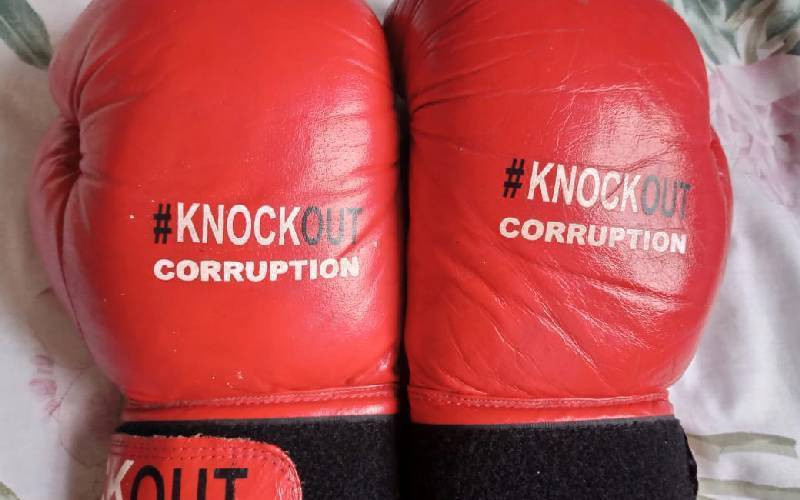
Where I come from, when a situation is on the verge of getting out of hand, we often say it requires divine intervention and the wisdom of church elders. In a way, this metaphor reflects our nation's struggle with corruption. And not just because the current and previous heads of the Ethics and Anti-Corruption Commission (EACC) are members of the church, but because, despite our vocal condemnation of corruption, we, as a people, exhibit unparalleled hypocrisy in the war against the vice.
That said, we must acknowledge the commendable efforts of the EACC that have seen individuals return millions of shillings to public coffers and illegally acquired public land being reclaimed. However, the commission and other agencies need to be mindful of the complex nuances and cultural underpinnings of corruption.